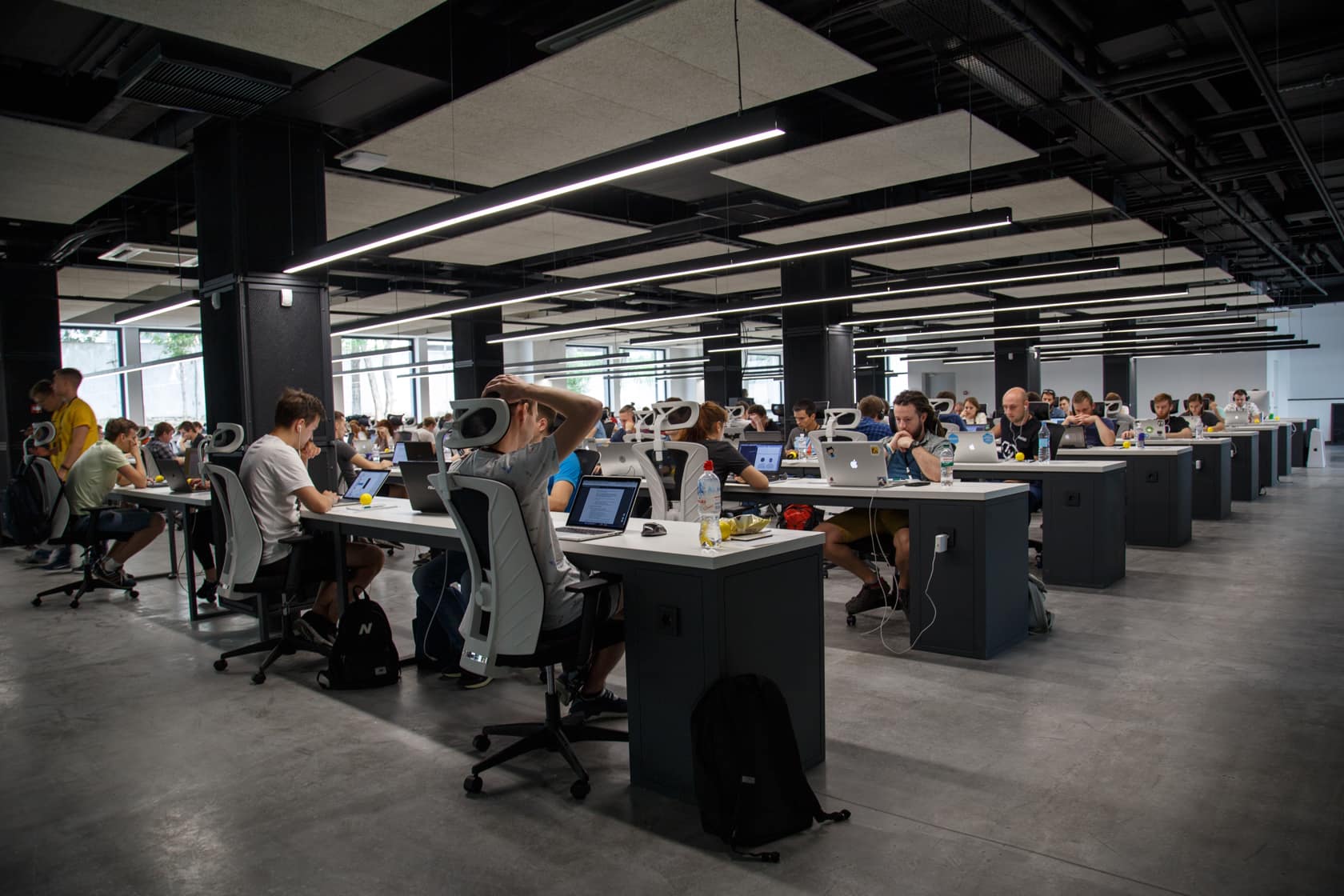
An Overview of the L-1B Visa
The L-1A visa as previously discussed is a good option for multinational managers and executives seeking temporary employment in the US.
If you are an intercompany transferee but not somebody in a managerial or executive employment capacity, you might be eligible for the L-1B visa for “specialized knowledge” employees. Similar to the L-1A, in order for someone to even consider the L-1B, they must have worked for at least one year out of the previous three years outside of the US for a foreign company that is related (branch, subsidiary, affiliate, parent) to the sponsoring US company.
Specialized knowledge in the L-1B visa context refers to “special knowledge” of the company’s “product, service, research, equipment, techniques, management or other interests and its application in international markets”, or has an “advanced level of knowledge or expertise” in the organization’s processes and procedures.
The key distinction between the L-1B and some of the other employment-based visas available requiring specialized skills such as the H-1B (which requires advanced degree and a job in a specialty occupation) is that the L-1B is not simply for a skilled worker, but rather an individual with an advanced level of expertise as it pertains to the specific sponsoring company.
A key test for “specialized knowledge” is whether it would be difficult to impart the knowledge to another party without substantial economic hardship for the United States or foreign firm. Whether or not the intended position requires the “specialized knowledge” needed for an L-1B visa depends on whether the position requires knowledge that is atypical in the industry and complex enough in nature that it cannot be easily taught to another employee currently in the United States.
For example, if a consultant who possesses skills and knowledge that can be gained through outside employment is applying for the L-1B, does their position qualify as a position requiring specialized knowledge?
- Providing overall guidance and assistance, such as with implementing a software system, would not qualify because the fact that the applicant and a select group of workers possess a very specific set of skills does not alone establish that the beneficiary’s knowledge is indeed special or advanced. All employees can be said to possess unique skill sets to some degree. Moreover, the proprietary or unique qualities of the employer’s product itself, does not necessarily establish that any knowledge of the process is “specialized.”
- The petitioner must establish that qualities of the process or product are unique, and require this employee to have knowledge beyond what is common in the industry.
Positions found to require “specialized knowledge” can include, for example, an engineer with advanced knowledge of their employer’s high precision mechanical components or complex proprietary processes specific to the employer company. In these cases, responsibility for developing the product itself may not necessarily be a requirement.
If the individual has intimate knowledge of company’s patented technology, the position may satisfy the “specialized knowledge” requirement.
The key is the knowledge itself, and whether that knowledge can be obtained by working in similar roles in a similar industry, or whether that knowledge is something uncommon, and/or specific to the sponsoring employer company.
An approved L-1B petition is valid for 3 years, and can be extended for up to 5 years. The 5-year L-1B limitation may be extended to 7 years where the employee becomes a manager or executive at least 6 months before the 5 years expires and USCIS approves a change of status to L-1A.
Like the H-1B visa for specialty occupation workers, the L-1B visa status is a “dual intent” visa status meaning the applicant is able to demonstrate immigrant intent when entering the US.